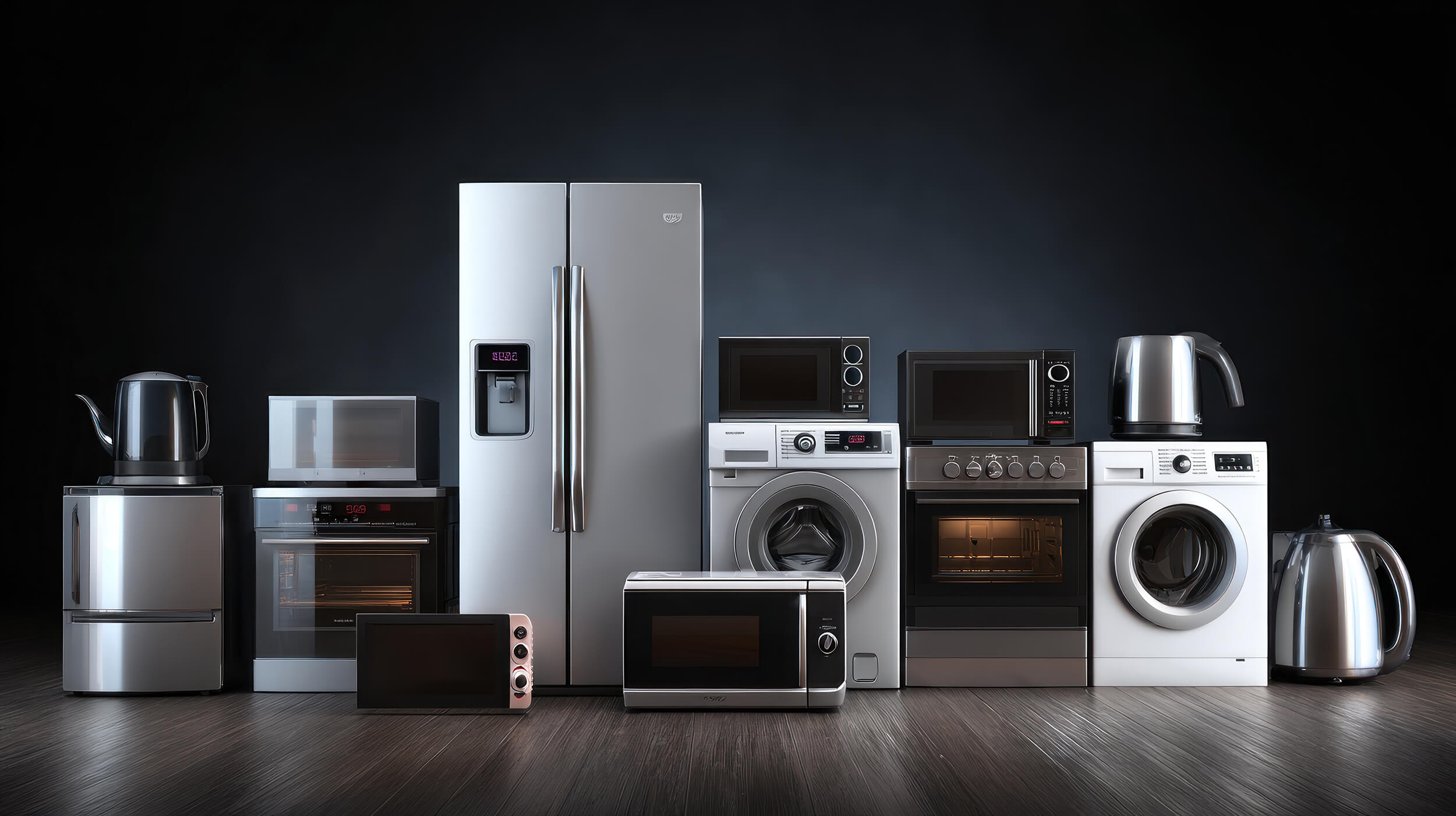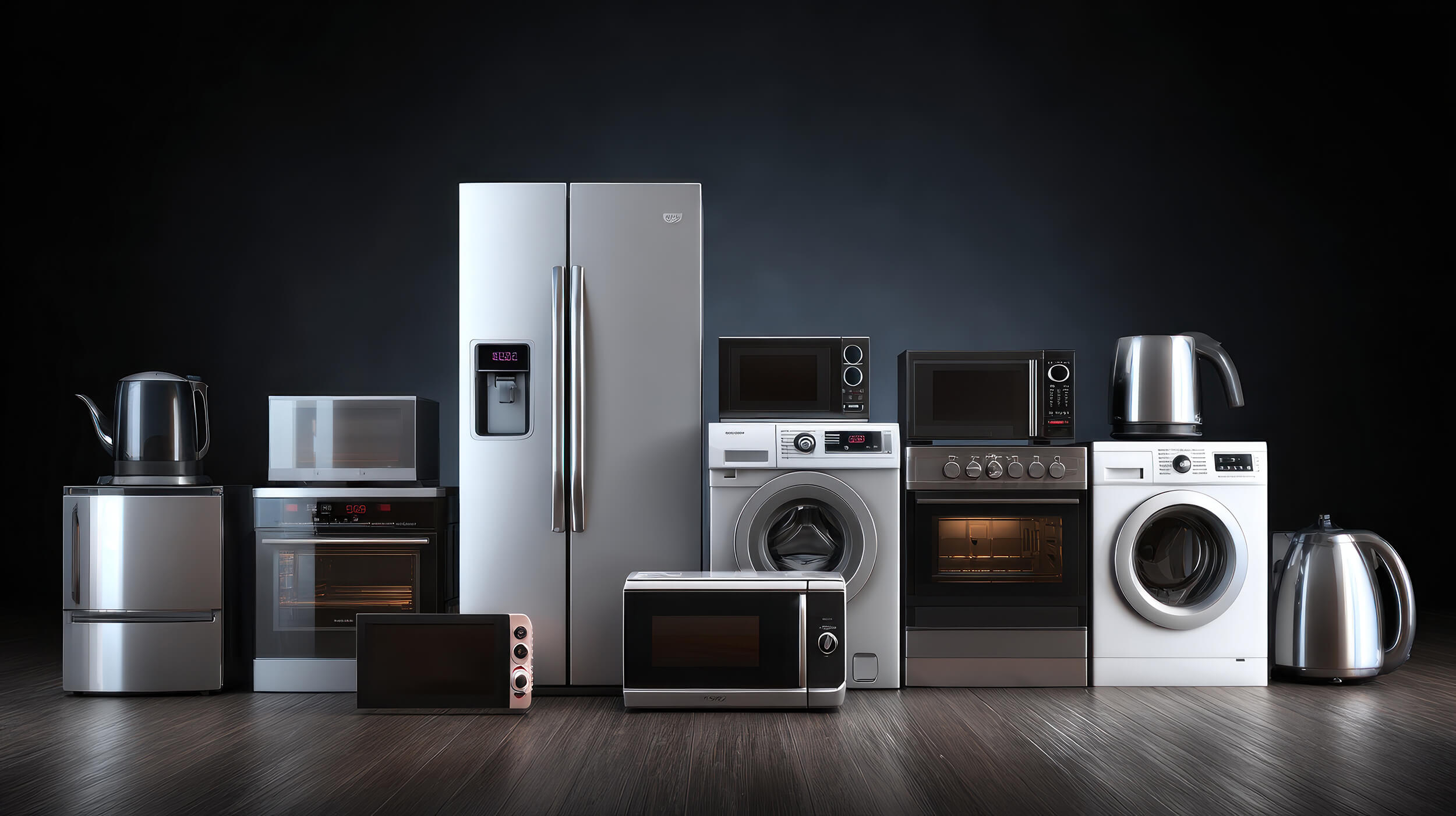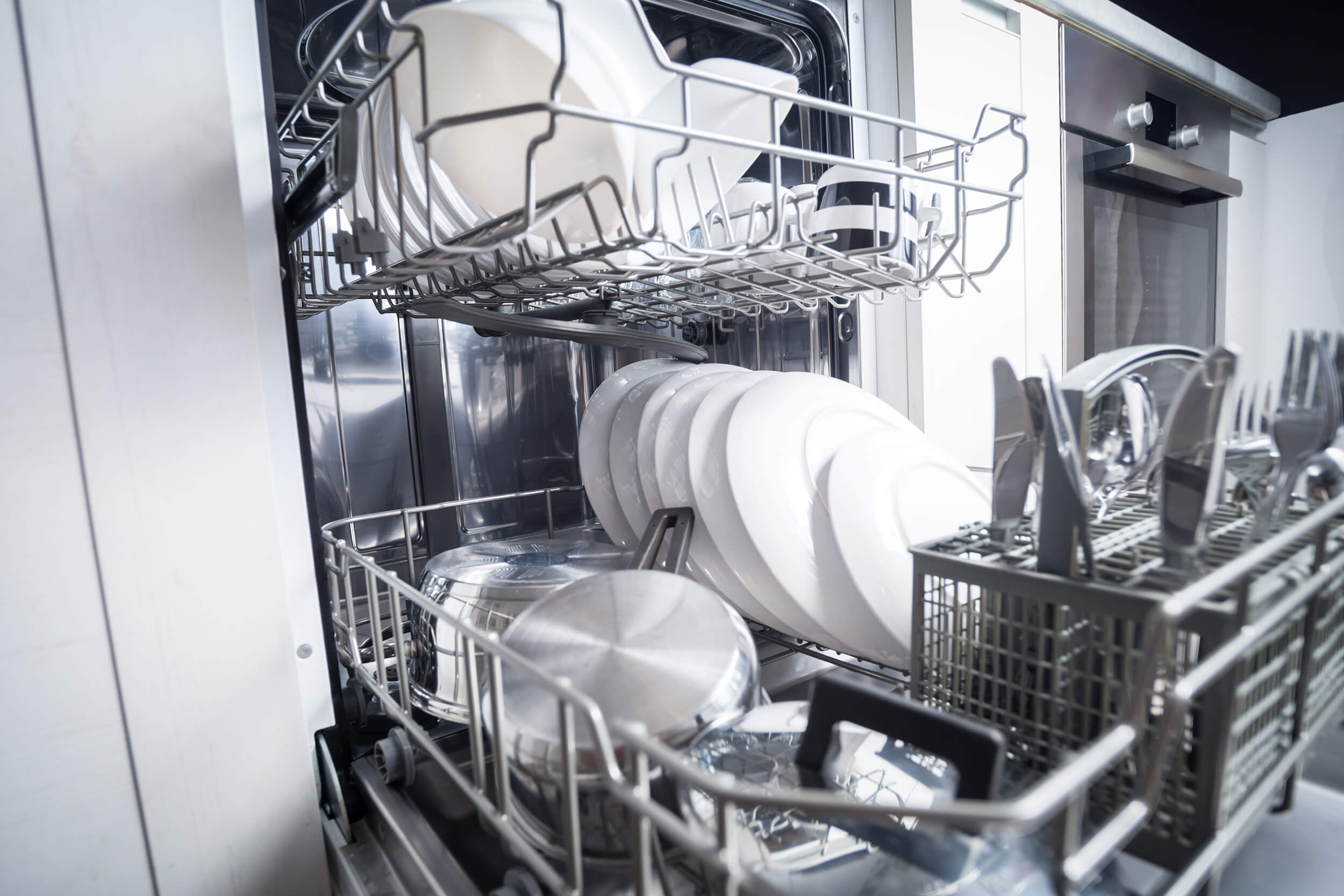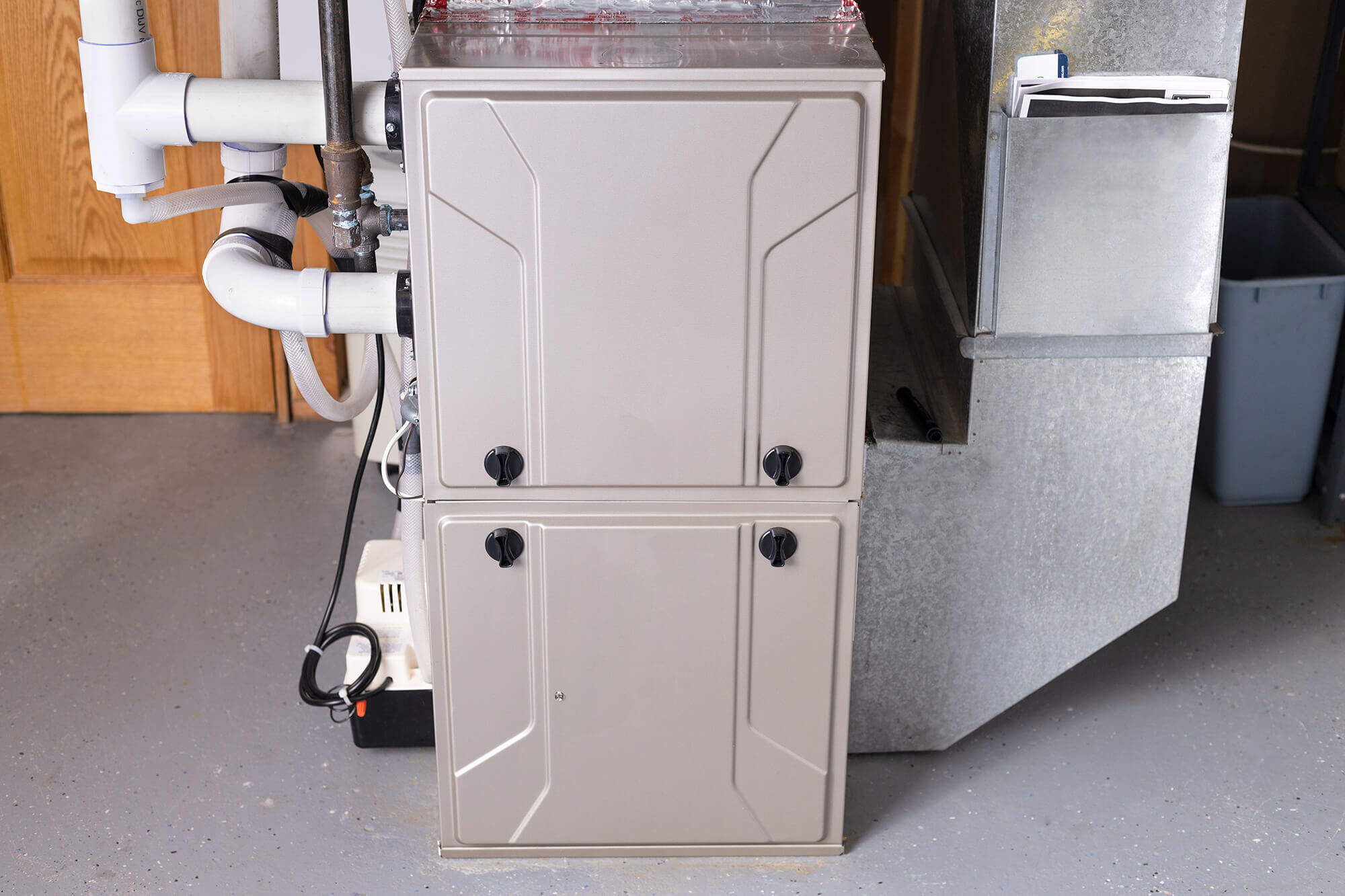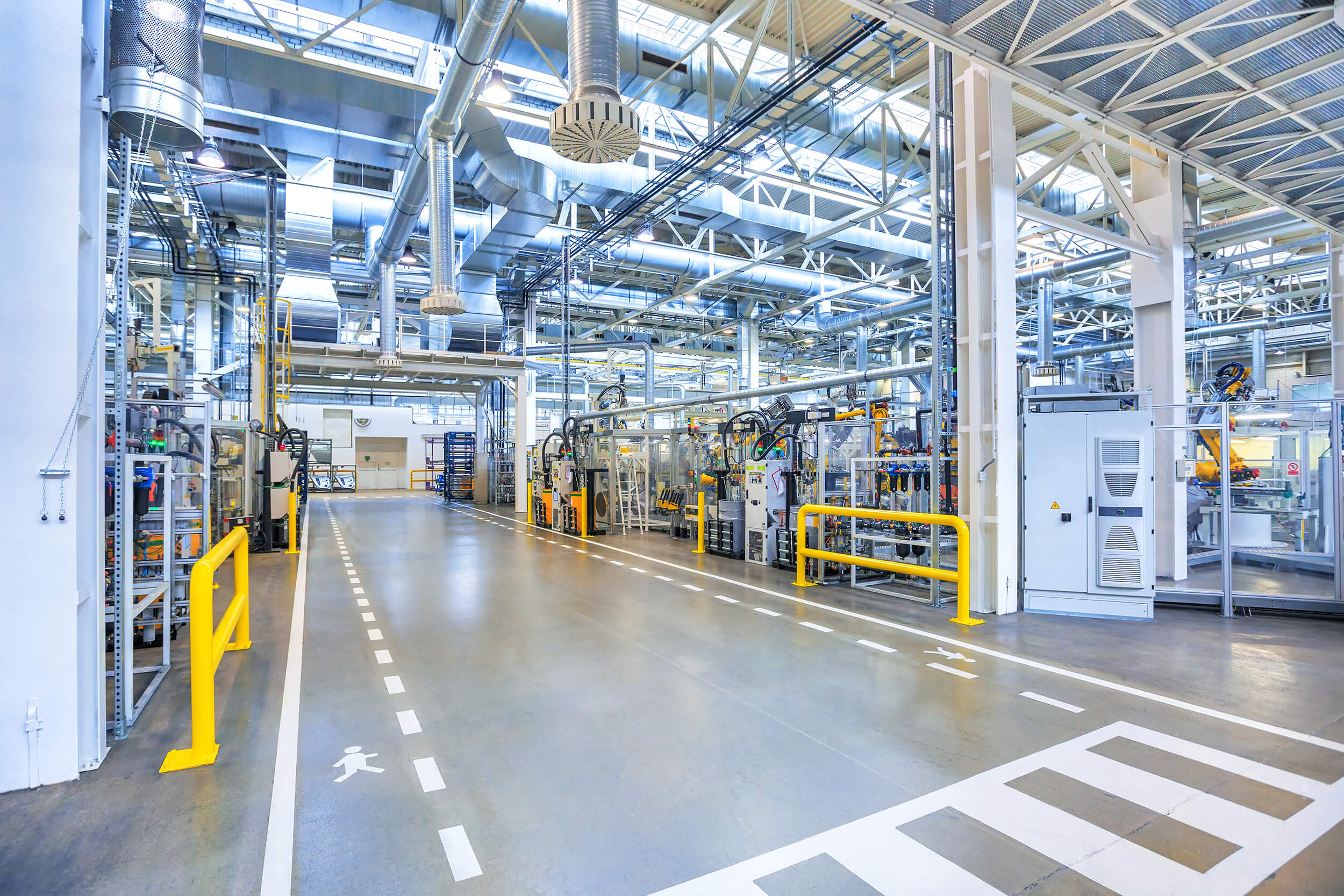Contact: Ben Somberg, 202-658-8129, bsomberg@aceee.org
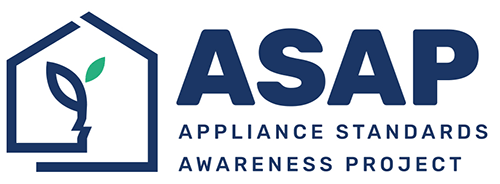
Washington, DC—New energy efficiency standards finalized today by the Department of Energy (DOE) will lower costs for households using new gas tankless water heaters. The standards will reduce total costs by an average of $112 over the life of the product when compared to purchasing and using less-efficient tankless models, according to the agency. They will also cut 32 million metric tons of carbon dioxide emissions from water heaters sold over 30 years.
The standards—due six years ago by law—are based on efficiency levels recommended by a coalition of product manufacturers and consumer, energy efficiency, and environmental advocates. They complement strengthened standards DOE finalized earlier this year for electric tank and gas tank water heaters.
“This is a commonsense step that will lower total household costs while reducing planet-warming emissions,” said Andrew deLaski, executive director of the Appliance Standards Awareness Project. “These long-awaited standards will ensure more families save with proven energy-efficient technology already used in a majority of tankless units.”
The updated standards will require new gas tankless (also known as instantaneous) water heaters to use about 13% less energy than today’s least efficient models, effectively requiring products to use condensing technology that wastes less heat. More than 60% of new units sold today already meet the new standards, and all major water heater manufacturers sell such models.
The separate standards finalized earlier this year for other water heater types will require a similar percentage efficiency improvement for gas tank models, and a significantly larger efficiency improvement for most electric tank models. Those standards will take effect in 2029 while the standards for tankless models will take effect in late 2029 or early 2030.
DOE estimates that the standards for tankless models will cumulatively save consumers $3.1 billion—an amount more than 100 times greater than the $20 million it projects that manufacturers will need to invest to upgrade product lines that make the less-efficient type of tankless water heater.
More information about the final standards is available in an ASAP fact sheet.
